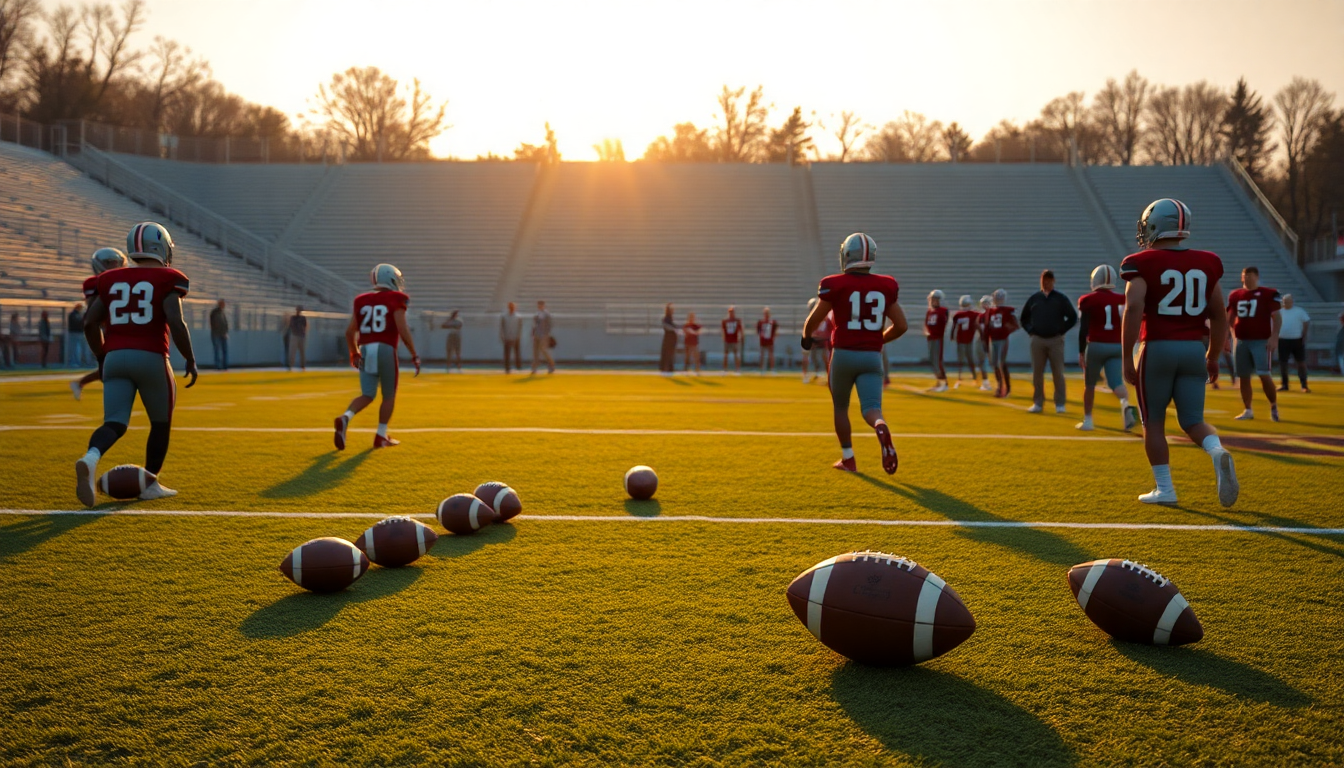Table of Contents
The world of college football is experiencing some major changes right now, thanks to the rising influence of transfer portals and some serious legal battles involving players. As these developments unfold, they spark important conversations about the future of the sport, players’ rights, and how college athletics are governed. In this article, we’ll dive into the current state of college football, shining a light on recent incidents that illustrate these ongoing challenges.
The Transfer Portal: A Game Changer
The transfer portal has completely transformed how student-athletes navigate their college journeys. Imagine being able to switch schools with much more flexibility—players are now seizing the chance to find better opportunities or escape tough situations. This shift has ignited discussions about player rights and the impact of their choices on team dynamics and recruitment strategies. It’s a whole new ball game!
Take the case of former Tennessee quarterback Nico Iamaleava, for instance. His attempt to renegotiate his Name, Image, and Likeness (NIL) deal before entering the transfer portal raises some eyebrows. What’s driving these decisions? Are we on the brink of a trend where more players use the transfer portal to boost their market value? The stakes are high for college programs, which now have to adapt to these changes while keeping their rosters competitive.
Legal Challenges: A Complicated Arena
Alongside the evolving transfer landscape, legal issues involving players are becoming more common. The situation with BYU quarterback Jake Retzlaff, who faced serious allegations of sexual assault, highlights the potential repercussions of such disputes. While the lawsuit was ultimately dismissed, the incident has already cast a shadow over Retzlaff’s career and his chances of transferring to another program.
The dismissal of the case due to the plaintiff’s inability to refile illustrates the legal challenges that can arise. Yet, Retzlaff still grapples with potential disciplinary action from BYU for violating the university’s honor code, which could jeopardize his football career. This scenario underscores the precarious position student-athletes find themselves in, where legal and ethical dilemmas intersect with their athletic aspirations.
Looking Ahead: The Future of College Football
As college football continues to evolve, everyone involved—universities, coaches, and athletes—faces a complex web of challenges. With transfer portals gaining traction and legal disputes becoming more common, it’s time to rethink the policies and practices that govern college athletics. How can universities strike a balance between fielding competitive teams and respecting student-athletes’ rights to seek better opportunities?
And let’s not forget, the implications of these changes reach beyond individual players. The integrity of college football hangs in the balance as issues like consent, player conduct, and institutional accountability come to light. Moving forward, it’s crucial for governing bodies in college athletics to establish clear guidelines and support systems that protect student-athletes while fostering a fair competitive environment.
In conclusion, the future of college football is on the verge of significant change, with transfer portals and legal challenges reshaping the landscape. By understanding these dynamics, everyone involved can better prepare for what lies ahead, ensuring the sport remains competitive and ethical.


